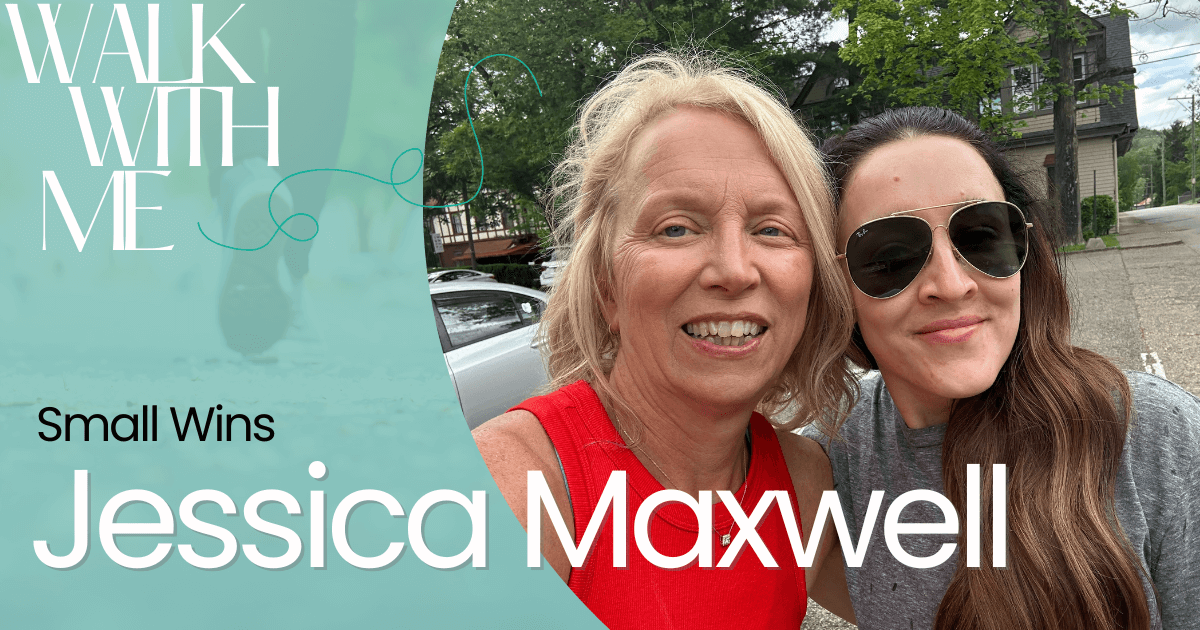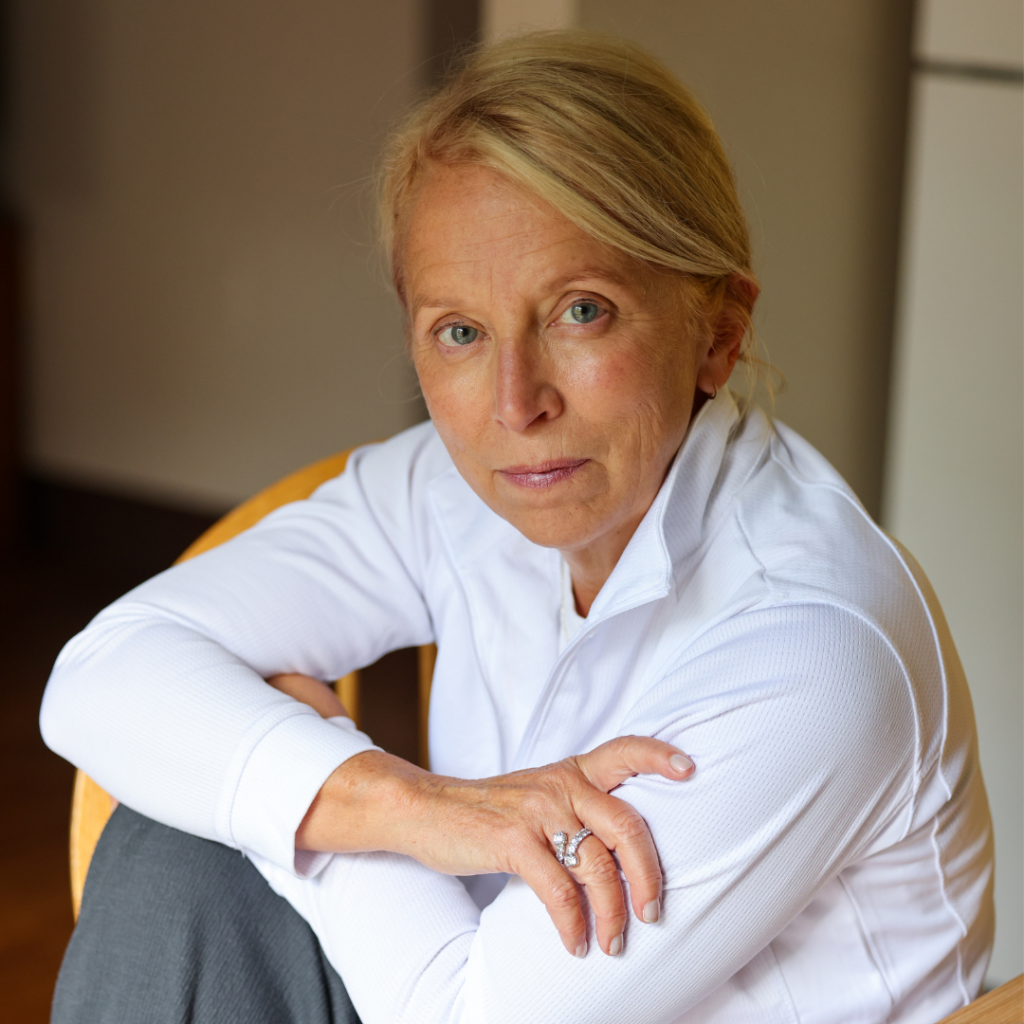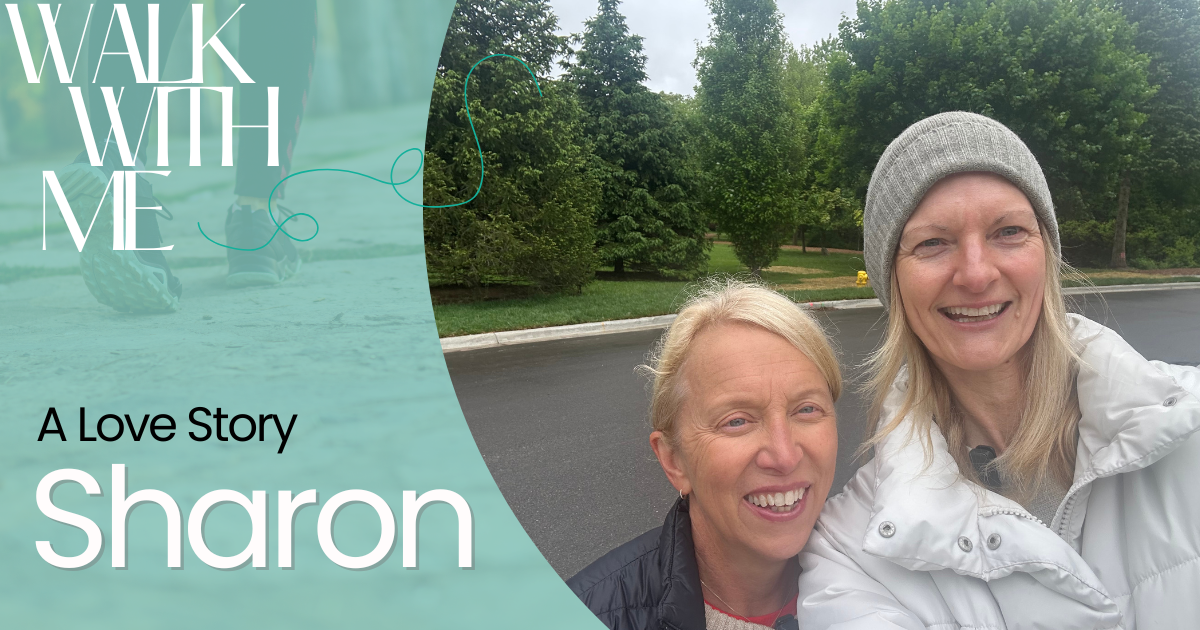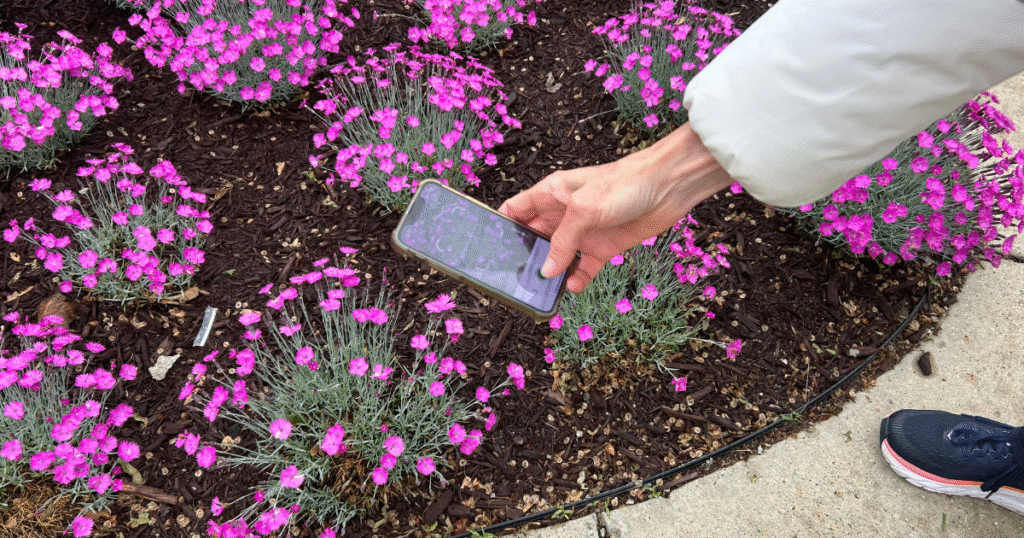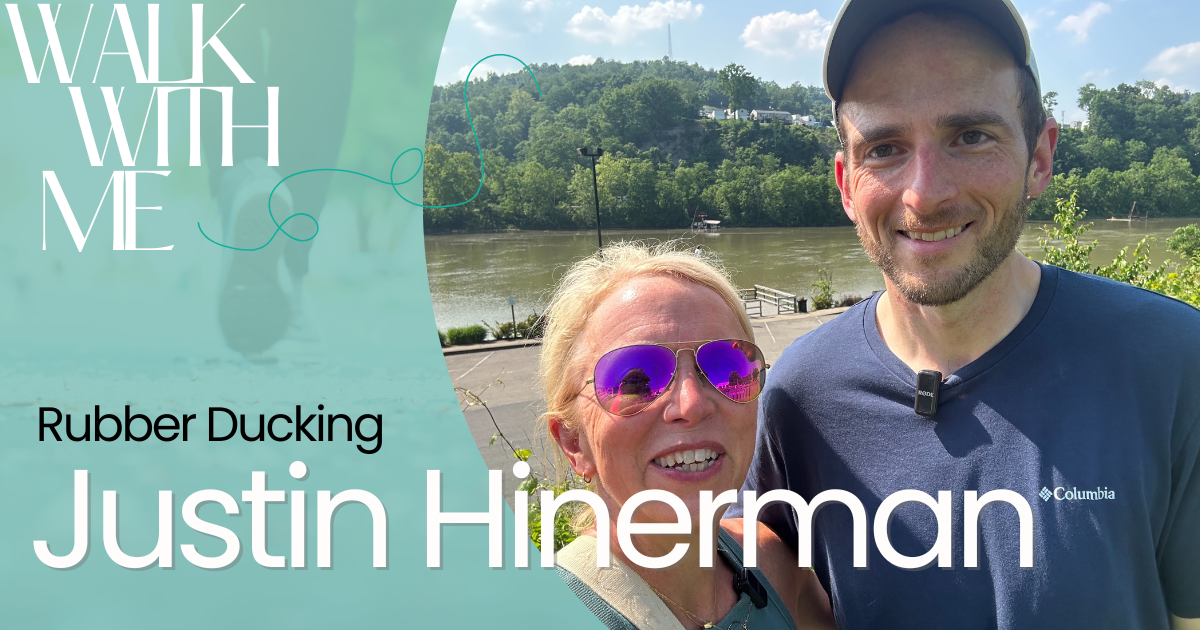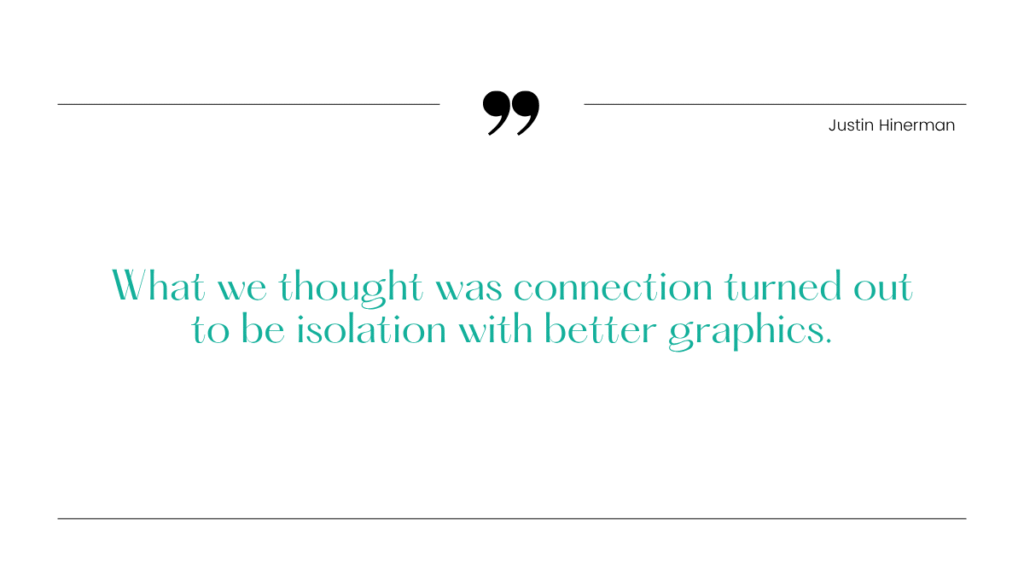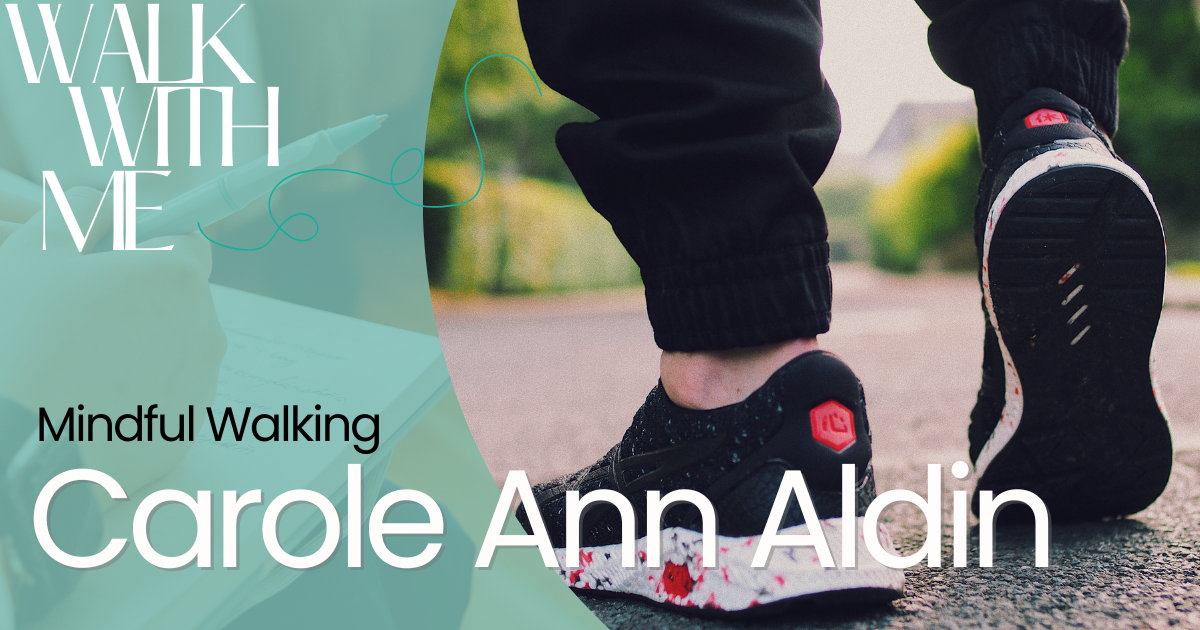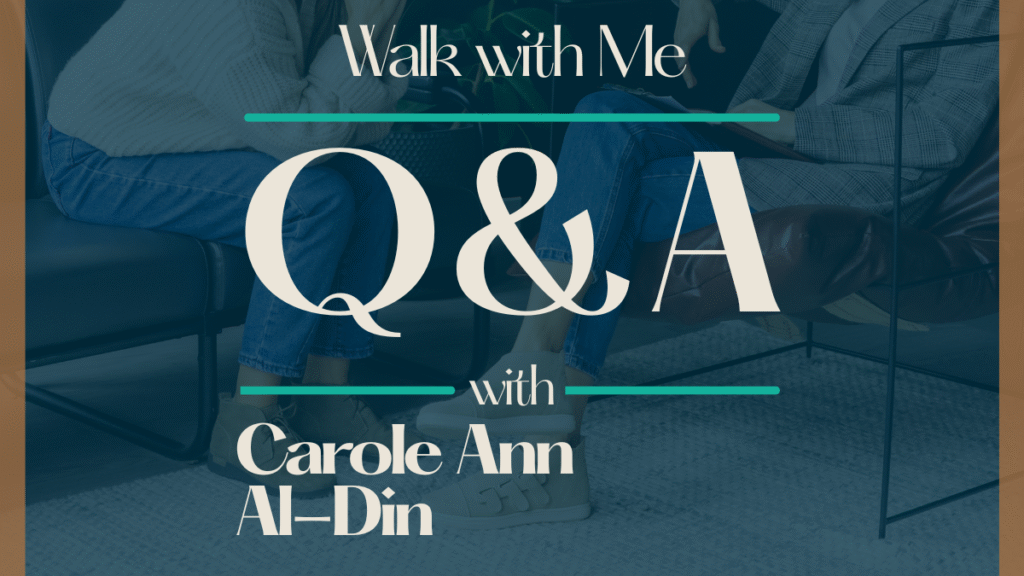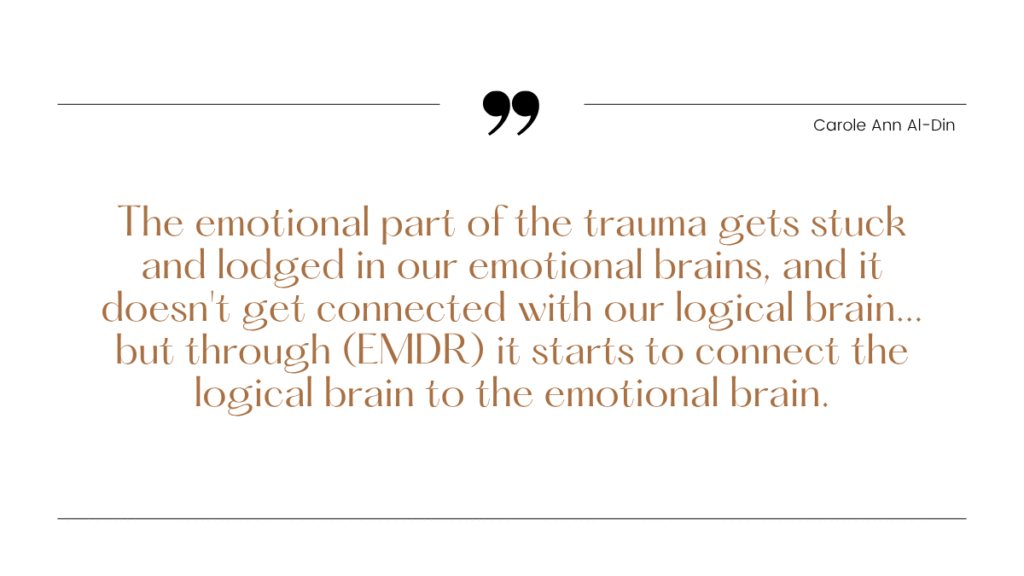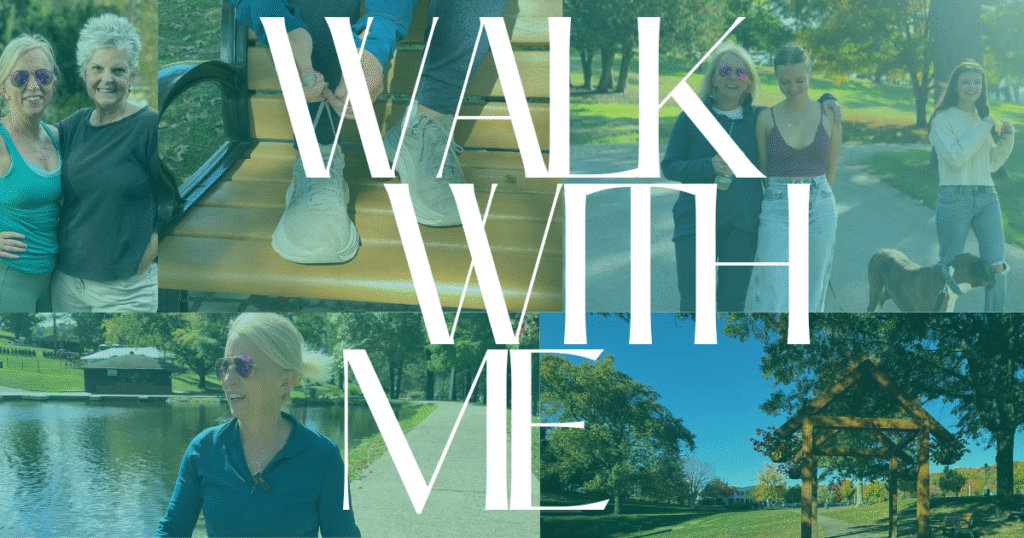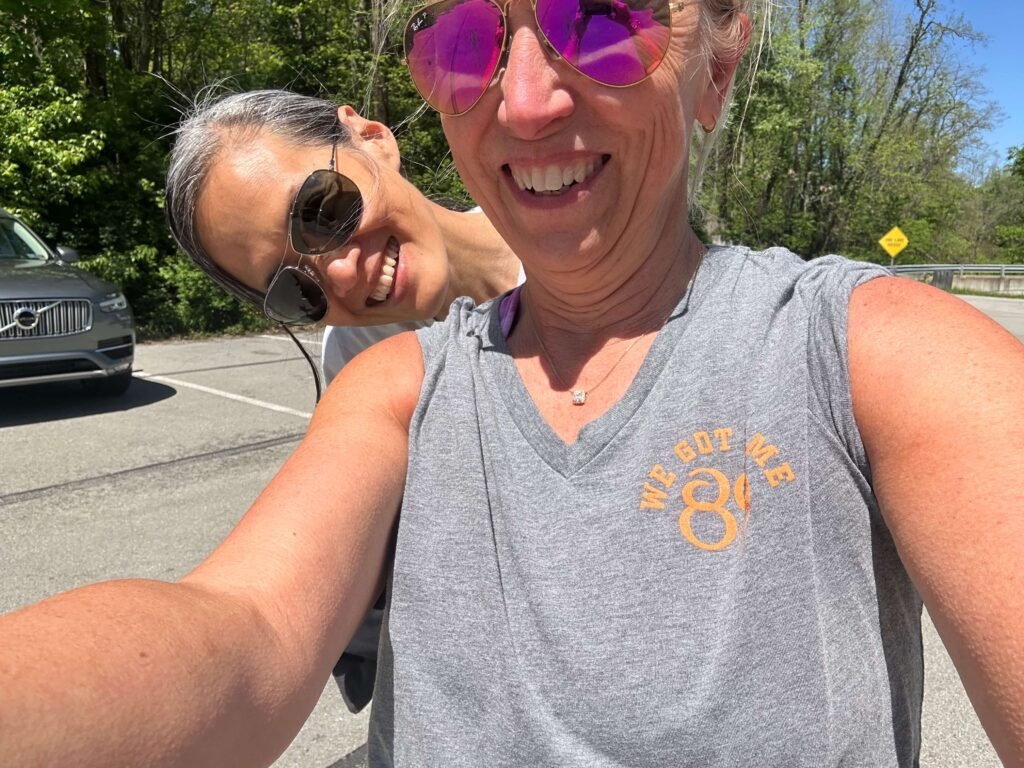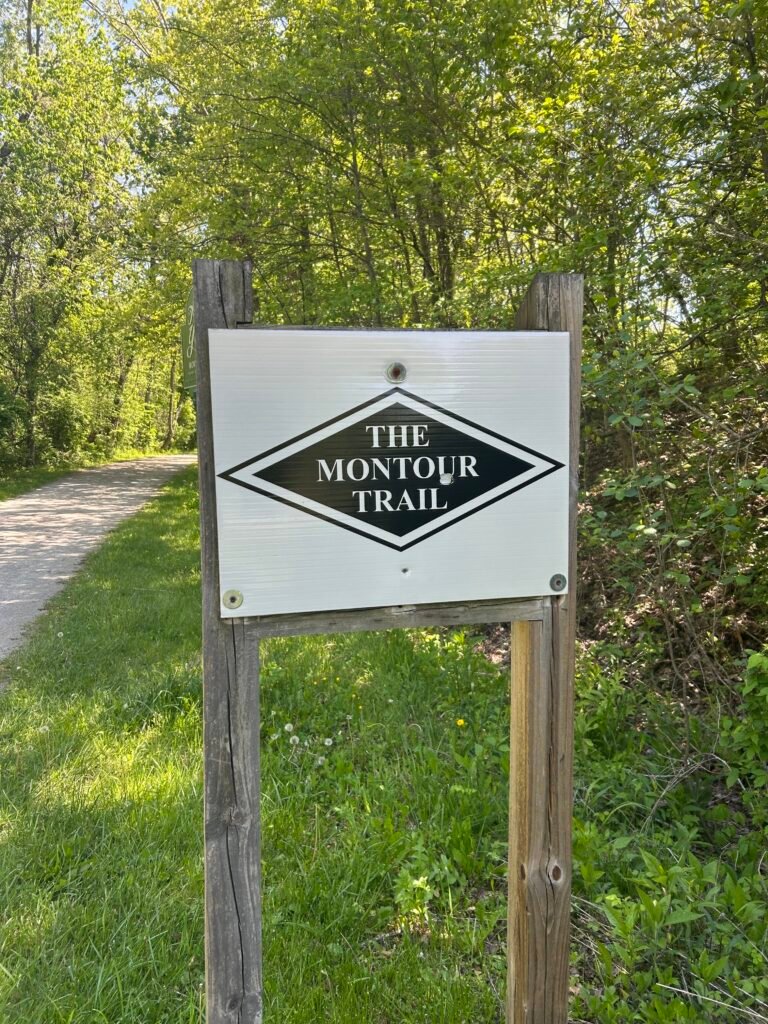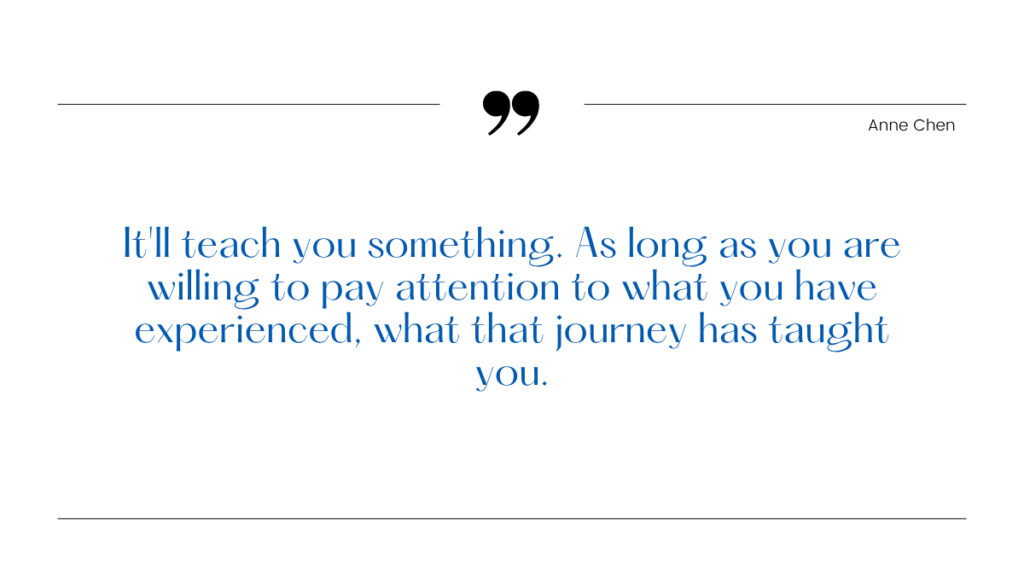Jadon: I don’t like making my bed because I feel like there’s no point in doing it unless someone’s coming over because no one else is going to see your bed besides you and your parents.
Liz: Yeah, but they say making your bed in the morning is the best thing you can do to take care of yourself and to get your day started the right way.
Jadon: They do?
Liz: Yeah. I’m going to have to look that up and explain it better to you. And God knows I haven’t explained it well to Grace or Ella because they don’t make their bed.
Jadon: Yeah, I definitely don’t see Grace making her bed.
It’s not really about the bed, of course. It’s about the person you become. The little things matter. Addressing University of Texas graduates, Admiral William McRaven shared the profound truth he’d discovered when he was training as a NAVY Seal: “If you make your bed every morning, you will have accomplished the first task of the day. It will give you a small sense of pride, and it will encourage you to do another task and another and another.” Making your bed creates what psychologists call a “keystone habit”—one small behavior that naturally triggers a chain of other positive actions throughout the day… a domino effect for your entire life. These “small wins” activate our sense of agency and self-efficacy. The same mental processes that help you make your bed—planning, follow-through, delayed gratification, consistency —get stronger each time you use them, making it easier to exercise self-control in other areas.
But instilling such a simple habit – this first small win of the day – is also the very thing that can make a mother feel like she is losing the battle.
Jessica: This was one of those mornings, I feel like as a parent…Am I doing anything right? Or am I doing literally everything wrong?
I think that everything I asked him to do, I asked him 900 times. And by the end of it, he’s looking at me like I’m crazy, and I’m looking at him like he’s crazy. And I’m not really sure which one of us is crazy. But it was just one of those mornings where it’s a million times to do one thing. And then it’s like, we’re at that pre-teanage where it’s like, well, why do I have to do that? Why do I have to make my bed?
Now you have met Jadon and his mom, Jessica Maxwell. Jadon is a very active 12 (jadon: so tomorrow I will be twelve and a half.) Sorry. 12 ½ year old boy. He is the very young man I worry about in our traditional school settings. His body needs to move and his mind races even farther ahead of his legs. I walked with Jessica to talk about parenting a child with so much energy, but felt like Jadon deserved his own voice in the matter, so I tried my best to keep up with Jadon on a walk of our own.

Liz: So sometimes I think of your life as living in the eye of a hurricane because you have a dog, a son, and a husband who all move at warped speed at times.
Jessica: Everybody in my life moves at warped speed.
What’s next? What meal is next? What are we doing next? And trying to teach Jadon the ability to be bored, to just relax. I feel like he should have learned it when he was younger, but somehow I’m still trying to impart how to be calm and maybe sit down and read a book. And that’s just not his personality.
Jadon: Basically, my brain has to do something all the time to keep myself entertained because I get bored very easily.
Liz: And bored is bad?
Jadon: For me, I feel like boredom is the worst.
Liz: Why?
Jadon: Because there’s nothing ever to do when you’re bored. I’m wasting a lifetime being bored, not enjoying it.
Another one of my heroes, Wendy Mogel, has spent decades telling parents exactly the opposite: she wants children to be “unhappy, frustrated, bored” because these uncomfortable feelings are actually essential ingredients for raising resilient human beings. Yes, Jessica, this is wisdom from her book, The Blessing of a B Minus, I have been encouraging you to read.
Drawing from Jewish teachings, Mogel understands that struggle has always been part of human development. The rabbis instructed fathers to teach their sons to swim—not because water was unsafe, but because life requires us to navigate uncertain waters. When we constantly rescue them – even from boredom’s discomfort – we’re essentially telling them they’re not capable of handling their own inner life.
Perhaps most importantly, Mogel understands that what we call boredom might actually be the gateway to something sacred. In Jewish tradition, there’s profound meaning in ordinary time—the moments between the holidays, the spaces between the prayers, the quiet hours when nothing special is happening. These aren’t empty spaces to be filled but holy pauses where growth happens quietly, where children learn to befriend their own minds, where creativity blooms and where they learn that they are enough, just as they are, even when they’re doing absolutely nothing at all.
But they won’t get that… at least not at first… and not at 17 in my house… they will ask, Why? Why would you want me to be unhappy, frustrated and bored? Why?
Liz: Yeah, they say the why stage is when they’re three? But whoever said that didn’t have the teenager yet.
Jessica: They definitely didn’t have a teen or a pre-teen because it’s like, well, why do I have to brush my teeth? Why do I have to brush my hair? Why do I have to do any of it? But I think it’s definitely 12 years old. 12, for us, seems to be the why. And I feel like as a parent, I’m consistently stuck between giving you answer and just being like, “Please, I’m going to yell at you. Stop arguing with me. Just brush your teeth because I said so.” And I swore my whole life that I would never be the “because I said so” parent. Because that’s what my mother said… It was always “because I said so.” I feel like some days right now with a 12-year-old that’s just where we’re at.
Liz: So how does that compare to your memory of you at 12?
Jessica: I don’t think I was anything like Jadon at 12. I didn’t argue quite as much, but I was much less sure of myself. I was definitely very shy. I was very quiet. We moved a lot, so I never really adjusted to big circles of friends that carried over with me. So I was definitely a very different child. I was very unsure of my own voice. Jadon’s got a lot to say all the time. He really is as you said he’s so colorful. Well, that’s his personality. He’s just big, and loud, and bright, and not always happy, but he has a lot to say. I think it took me having him to learn how to really find a voice and speak for myself.
Jessica: I want him to find his voice younger and use it well. Just not to argue.
Liz: Just not with you.
Jessica: Just not with me, with everybody else, right? But no, I was much quieter. I think I lived life really, really small. I didn’t like to take up a lot of space. And I want him to learn to take up space.
Liz: How do you think you learned to be small?
Jessica: I think, well, my childhood was just very different from Jadon’s. There was a lot more trauma and a lot more turmoil and not a lot of financial comfort, not a lot of mental comfort. And that’s just what it was. My mom was a single mom. There were four of us. And all of our fathers, for the most part, were alcoholics. So it was just different. You learned, I think, a little bit more when you had to be quiet. And then I think I just carry that quiet with me. Even still, sometimes you pick and choose when you want to be loud.
I was a really poor kid in really rich towns. We grew up in Connecticut, and my mom, it was a big priority to her to have us in good school systems. So she made sure that the towns that we lived in, even if the living situation itself wasn’t great, she always made sure that we were in a town where we could get a good education. I definitely felt really out of place. To me, as a child, they all seemed so comfortable and confident in their lives and their families with their mom and their dad and their dog. It all just seemed, from the outside, really perfect.
As an adult, you look back and you realize they all had their own things going on. But at the time, it just made me feel small and quiet.
Liz: One of the themes I keep hearing in our conversation is that it was like this for me. I don’t want it to be like that for him. I used to say, “I don’t want my kids to end up like me.” And a therapist said to me, “Just stop for a minute. Your children love you. The sun sometimes sets in you for them, and yet you tell them, ‘Don’t be like me’.” And it made me realize, I’m not so bad. I don’t have to be small. They don’t have to be big.
They are their own sentient beings, our children. They will be who they want to be perhaps in spite of us. We look ahead and worry about what’s next and they are trying not to waste their lifetime being bored. In Mogel’s book you’ll read, “Jewish wisdom holds that our children don’t belong to us. They are both a loan and a gift from God, and the gift has strings attached. Our job is to raise our children to leave us. The children’s job is to find their own path in life.”
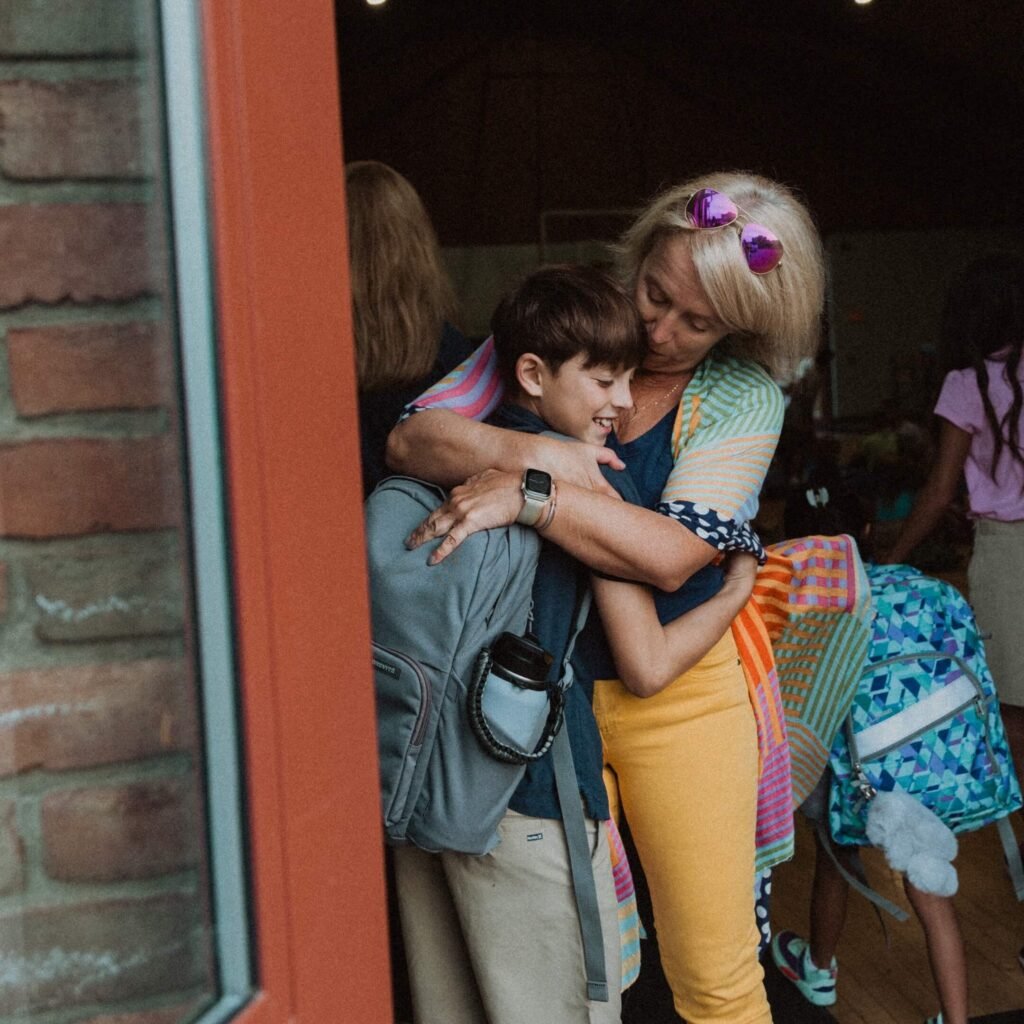
Jadon: I don’t want to grow up. Being a kid is the best.
Liz: That might be the best statement anybody’s ever. How do you know that?
Jadon: Because I just see how stressed-out parents are when they’re older. Always having to do work, not having a lot of time. But when you’re a kid, you still have to go to school, but you have a lot of free time after.
I mean, I am excited to be my own person, but there’s no need to rush to it.
Liz: What does that mean, be your own person?
Jadon: Like, get to be able to make my own decisions. Like, If I don’t want to go to something, I don’t have to go to it unless it’s mandatory, and choosing the rest of my life.
I would probably like being a professional coach. I feel like that would be pretty fun.
Liz: For hockey? Or does it have to be that sport?
Jadon: It could be any sport. Just not baseball. I feel like baseball is so boring.
Liz: Why?
Jadon: It’s a lot of just standing there.

As I said, Jadon’s is a body in motion.
Liz: So I can’t imagine what it’s like in Jadon’s brain to try to be present when his body needs to be moving to what’s next.
Jessica: I feel like, unfortunately, Jadon’s most present when he’s having really bad anxiety. When I was a kid, it was about social situations and public speaking in school and being in very traumatic home-life situations. That’s when I would have them. He has them about something I can’t even help him control. It’s about a natural disaster. It’s like storms, thunderstorms, lightning storms, wind, anything like that. Last year, he had a panic attack and had to leave a Yankees game right before he went away to camp. And just couldn’t… They ended up… He was with Justin, and they got a taxi, which I don’t know. I wasn’t there.
Jadon: Yeah. Actually, I went to the Yankees Mets game around this time last year.
Liz: How was that?
Jadon: It was good. It got canceled halfway through because of a storm, though.
Liz: So they actually had to call the game? That’s not fun.
Jadon: If it was rain, it would have been fine, but it was lightning.
Liz: What’s it like for you in storms?
Jadon: I have a phobia for them. I hate them. They make me nervous.
Liz: How so?
Jadon: I just don’t like lightning or thunder. It scares me pretty bad. I’m really sad.
Liz: What does it feel like in your body when you get scared?
Jadon: It feels like my stomach isn’t there.
It feels like it’s empty with no bones, nothing in there, no blood, just empty. Empty space. And I constantly check the weather on my watch.
Liz: Does that make it better?
Jadon: Sometimes. I sometimes have to just put my watch away so I don’t have the temptation of looking at it.
Liz: So how do you get through it?
Jadon: A lot of the time I just go in my room, close the blinds, and just pretend, try to get to sleep for a little bit.
Liz: Can you?
Jadon: I just normally can shut my eyes. I normally can’t fall asleep.
Liz: What do you have to say to yourself? I assume you have to talk yourself through it.
Jadon: I just say there’s nothing bad going to happen. It’s going to be over soon or eventually.
Liz: Do you ever talk to him after an anxiety attack? “Hey, pay attention to right now when you don’t have it,” so that he can start to learn for himself that he will get through it?
Jessica: We talk a lot after they’re over. I’ll talk about how you’re feeling leading up to it, one, so you can try to recognize it. Because I feel like if you can recognize the symptoms coming on, then you might not be able to stop it, but you might be able to work on some of the techniques that we’ve talked about using to keep yourself calmer. But I think we probably need to do a better job after the fact of having more conversations about it.
Liz: Yeah, not we, you and Justin. We, the entire world.
Somebody once told me, your hardest feelings really last 10 minutes, and then they cycle into something else. And if you go into that, I’m going to have to fact check that time. But if you go into, I don’t know if I can make it through this, whatever it is, knowing in 10 minutes, I’m not going to feel this way…
Then you can make it. I did fact check it. I was wrong. Neuroscientist Dr. Jill Bolte Taylor’s research reveals that any emotional response lasts only about 90 seconds physiologically. After that initial chemical cascade, any remaining emotional response is simply the person choosing to stay in that emotional loop.
Jessica: With Jaden, I’ve tried to speak very candidly that these feelings are normal, and they’re okay. It’s okay to have panic attacks. It’s okay to be anxious. So he speaks about it, his anxiety. He speaks very candidly about it, whereas as a kid, I was very quiet about it. I felt wrong or weird, and you didn’t want people to know. And Jadon and his buddies at school all talk about the things they have anxiety about. It’s a normal conversation.
Liz: That pendulum shifted.
Jessica: I mean, for him, it did. I don’t think that’s the case for everybody. But I’m so grateful that it has for him and that our conversations around his anxiety are spoken about very candidly and not swallowed down because I tell him all the time, “We can’t do anything about it if we don’t talk about it.” I can’t do anything about it as a parent if I don’t know about it.
Liz: Can you do sleepovers pretty easily?
Jadon: I wasn’t the best at sleepovers the first time, I got nervous. But now I’m a good at them.
Liz: Does it matter who you’re with?
Jadon: Yeah, it does. I have to be comfortable with their parents.
Liz: You’re talking a lot about your having to feel safe with the people you’re around. Whether it’s teammates or…
Jadon: So Frankie had a sleepover for his birthday, and I’m like, I don’t know his parents that well, but Lincoln and Johnny do. So I asked Lincoln, “What are they like?” And he explained to me what they’re like. And I’m like, “Okay, I’ll try it, but I’m not comfortable sleeping over.”
Liz: That’s pretty good to know yourself and figure out the boundaries and figure out how to take care of you. Most people don’t know that.
Jadon: Sometimes I am just too nervous to tell people something.
Liz: Then what’s that like?
Jadon: I don’t want them to think I’m weird for it. But then I also think they might not think I’m weird for it. So I’m stuck in a circle not knowing what to do.
Isaac, Lincoln, Johnny, Franky, Silas all know that I have a fear of thunderstorms.
Liz: I like that you surround yourself with people who understand who you are, your fears, and your strengths.
As an elementary Head of School I assumed my main objective was to teach children how to walk through the halls of high school and later the streets of life without us… to know how to find their way from homeroom, to recognize a false friend from a true friend, to advocate for themselves, to fail and to learn from that and then to try again.
Jessica: I think as a parent the ability to tell them that the way you’re handling the situation is not the best way to handle it, hopefully, helps us to teach them that it’s okay to change course. With your kids, even as they’re older, it’s like, “Okay, well, you handled this poorly, but that’s not the end.” It’s not just like, I handled it poorly, and now everything is ruined and kaboom. But I want to teach them, “We handled it poorly, or you handled it poorly. So what do we do now?”
Liz: But it’s not going to go away until it’s taught him the lesson he’s supposed to learn, and that might take 15 tries.
Jessica: Oh, my goodness.
Liz: And that’s fail forward, fail better. I mean, that’s where that comes from. You are going to make mistakes. And to think that you’re not or to think that it’s one and done is only more pressure. And I think that perfectionism is what leaves a lot of women feeling small.
Because if I’m going to be bigger than this little space in the world, I have to do it right. And that’s a lot of pressure.
Jessica: I think it is. I think even as an adult, it’s a lot of pressure. It’s hard as an adult to learn to take up space and not continue to be small or feel small.
As a student at Mount de Chantal, I wanted to try out for The Comedy Team at Linsly’s Extravaganza, the main event at our brother school. I went to my drama teacher for advice. I’ll never forget her words, “Liz, you’re small. But you have what it takes to fill that whole stage with your heart and your voice.” I did. I may not take up much space physically, but… ‘Though she be but little she is fierce’. Thanks Shakespeare…and thanks Katie Crosbie.
Liz: So yours is going to be special. I’ve never done one like yours because I walked with your mom, and a lot of what she said was about you. I decided that you should get to say something about you. How do you feel about that?
Jadon: What do you mean?
Liz: How do you feel about the fact that it wasn’t just going to be your mom’s story about you, but you were going to get to tell your own story?
Jadon: She probably told her story about me, basically, because I’m everything to her. She loves me so much.
To Jadon, Jessica is not small. She is larger than life. Her love fills his entire space. If we could see ourselves through their eyes and hearts instead of through their actions or reactions, we might begin to believe that. We should practice. We should rejoice in some small wins.
Thinking about it…maybe the most beautiful thing about making your bed is what it teaches you about hope. Every morning, you’re essentially saying, “I believe this day matters enough to start it with intention. I believe tonight I’ll want to come home to something welcoming. I believe tomorrow will bring new unexpected joys, and when it does, I want to be ready.”
It may be a small win but that’s not such a small thing after all.

